Despite Jaguar’s commitment to electrified platforms, diesel still has a major role to play in future cars, says head of business Jon Wackett.
Jaguar Land Rover (JLR) made a commitment at its inaugural Tech Fest in September that from 2020 all its new vehicle ranges will be available with electrified powertrains.
It joined other manufactures, such as Volvo, in making the plug-in commitment as pressure mounts on diesel due to its impact on air quality.
However, JLR’s general manager of fleet and business sales, Jon Wackett, has criticised what he calls the “one-sided nature” of the diesel debate and a “lack of facts”.
“The huge environmental progress of clean, efficient diesel engines has become lost,” he says. “There must be differentiation between older diesels and the latest Euro 6 diesels which are the cleanest ever.”
Wackett believes that balance in the debate also needs to be shared across industries, as there are many contributors from different sectors from shipping to wood burning stoves, all of which add to the degradation in air quality.
He continued: “The ongoing demonisation of diesel engines has created unnecessary uncertainty among car buyers.
“Our latest EU6 diesel engines are among the cleanest in the world. Their pollutant emission levels are comparable to petrol engines but with CO2 emissions that are 20-25% lower and are exempt from proposed ULEZ daily charge, yet there is a lack of awareness of the benefits of diesel.
“For Jaguar Land Rover, the biggest challenge is building awareness and talking to our customers about the choice of Jaguar and Land Rover vehicles available and making engine and gearbox combination recommendations to suit.”
Wackett argues that JLR has reduced CO2 more than any other vehicle manufacturer since 2005 and is the country’s biggest researcher and developer in this field.
He says: “We’re investing £1 billion in cleaner diesel at our engine manufacturing centre in Wolverhampton alongside further investment in electric and hybrid options. But we need to sell diesel and petrol cars today in order to continue with our research and development.”
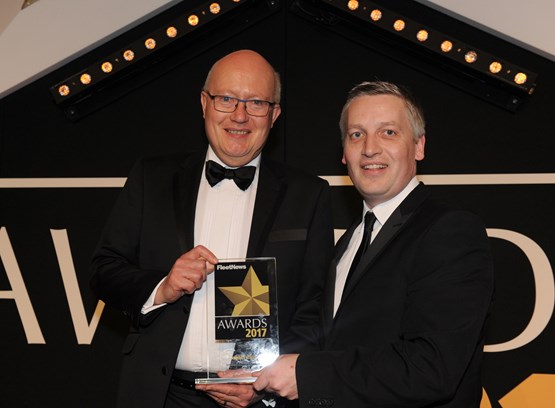
Fleet News (FN): Are you seeing a growing demand for hybrid/plug-in vehicles from fleets?
Jon Wackett (JW): Yes, absolutely. It’s certainly a hot topic with our customers and we’re already receiving a great deal of interest in our Range Rover and Range Rover Sport PHEV options due next year.
With these introductions at 18 model year, we are able to bring Jaguar Land Rover to a new audience, one that is rapidly growing.
While we are developing more efficient engine lines that will ultimately deliver a choice of powertrain options, the trend for PHEV is undisputable and the introduction to our flagship Range Rover and Range Rover Sport couldn’t be more timely.
FN: What trends are you seeing in the premium sector?
JW: Range Rover and Range Rover Sport are performing very strongly and I expect this to continue, particularly with the new PHEV and the extra levels of luxury coming to the updated models for 2018.
The premium fleet sector has shown growth in an overall declining market which bodes well for Jaguar Land Rover.
Our customers in this sector welcome anything that will make their journey more efficient and their day easier, so we have introduced greater connectivity, higher levels of comfort and more convenience features.
FN: What new technologies can fleets expect to find in your latest vehicles?
JW: Our intuitive Touch Pro Duo infotainment system has twin high-definition touchscreens and it presents the driver with all the information they require whether that be navigation or vehicle information, news, media or telephone.
If you’re working while being driven, there is up to 17 connection points in the new Range Rover, including three-pin domestic plug sockets for laptops, USB, HDMI and 12-volt points are all available; 4G Wi-Fi hotspots for up to eight devices and convenient storage are all designed into the car with the business traveller in mind.
Our customers are very clear about what they want from any new Range Rover, “don’t change it, just make it better”, they tell us, and with 31 miles of electric-only range and a rapid charging time of 2 hours 45 minutes, we know our customers in this sector won’t be disappointed.
FN: The F-Pace won the large SUV category at this year’s Fleet News Awards, how has the product been received by the fleet market?
JW: We’re really proud of our first Jaguar SUV, it has already become the fastest-selling Jaguar model ever and customer response has been excellent.
It has achieved critical acclaim too, collecting more than 40 awards since its April 2016 introduction including the World Car of the Year title at the 2017 World Car Awards.
We have sold more than 1,600 F-Paces to the fleet sector in the first nine months of 2017 and continue to have strong demand for this car.
FN: Do you expect to repeat its success with your all-new compact SUV the E-Pace?
JW: The success of the F-Pace has highlighted the potential for Jaguar in the SUV sector, attracting new customers to Jaguar and those already driving a Jaguar.
Our user-chooser customers selected the F-Pace because it offers something a bit different from the competition; it’s new, it looks great, is economical and offers an exciting ride – and, of course, it wears a Jaguar badge.
This entry into the SUV sector paves the way for our compact SUV the E-Pace.
The E-Pace will enter one of the fastest growing segments in the market, with a lot of competition, but we believe it offers an extremely appealing package to buyers.
It is a five-seat compact SUV that puts the design and performance of a Jaguar sports car into a spacious, practical and connected all-wheel-drive vehicle.
With its lower starting price point, from £28,500, and strong residual values, we hope it draws even more new customers to the Jaguar brand.
FN: What do you see as the biggest challenges currently facing the fleet sector?
JW: The imminent change to Worldwide Harmonised Light Vehicle Test Procedure (WLTP) classification will be felt across the entire automotive industry and will affect drivers and companies buying fleets.
We welcome all advances our industry takes to move towards a cleaner future for everyone and we continue to work with – and conform to – all legislation.
JLR achieved a total market share of 4.4% in 2016, with a retail share of 4.7% and a fleet share of 3.8%.
Registrations were driven by new models – F-Pace and Velar – and it aims to grow its share further with Sportbrake and E-Pace.
Into 2018, Jaguar dealerships will see the first deliveries of the E-Pace and, later, the company will welcome the I-Pace, its first all-electric Jaguar.
Wackett says: “Transportation will change more in the next decade than it has in the past 50 years and the I-Pace is Jaguar’s first step towards this future.
“It will deliver the agility, ride comfort and refinement our customers have come to expect from of a Jaguar in an innovative, clean, electric SUV package.
“The I-Pace concept created huge excitement when it was revealed at the 2016 LA motor show and we cannot wait to see our customer’s reaction to the production model when its hits UK roads later next year.
“We will also be launching our first PHEVs into Range Rover and Range Rover Sport and will continue to expand our portfolio throughout to offer our customers even greater choice.”




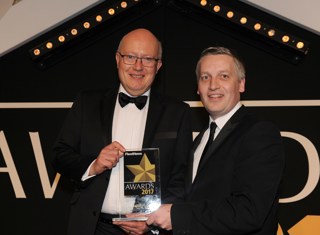
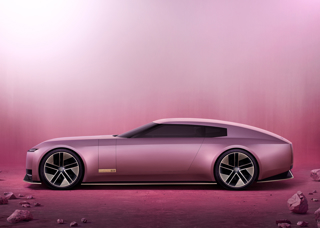
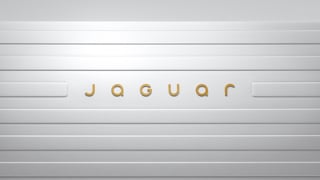
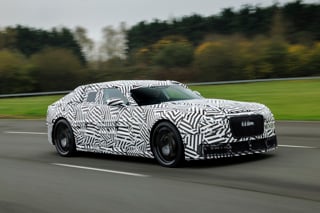
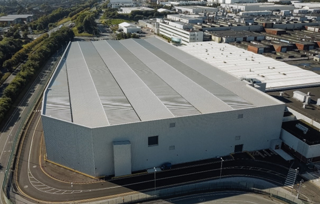













SUV Lover - 16/11/2017 11:32
"The F-Pace won the large SUV category at this year’s Fleet News Awards" as only the lowest powered, 2wd, manual base models slip under the common fleet limit of 130g/km, there isn't a lot of choice! ..fly the flag eh!